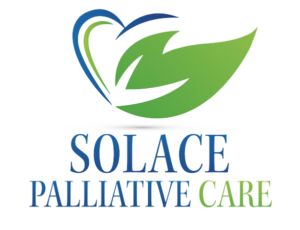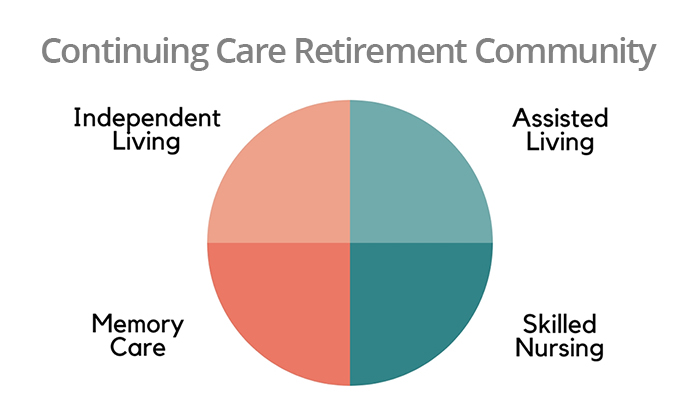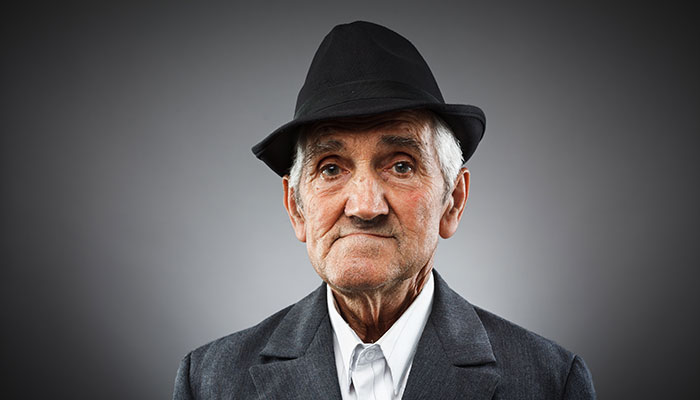
Upon a loved one’s last breath, you may find yourself a little disoriented. Respect that otherworldliness. Families often just sit in silence for a while. Or share chuckles and sweet memories, tears and hugs. There is no need to rush to call the funeral director. A body can safely remain at home—or in a facility’s…










